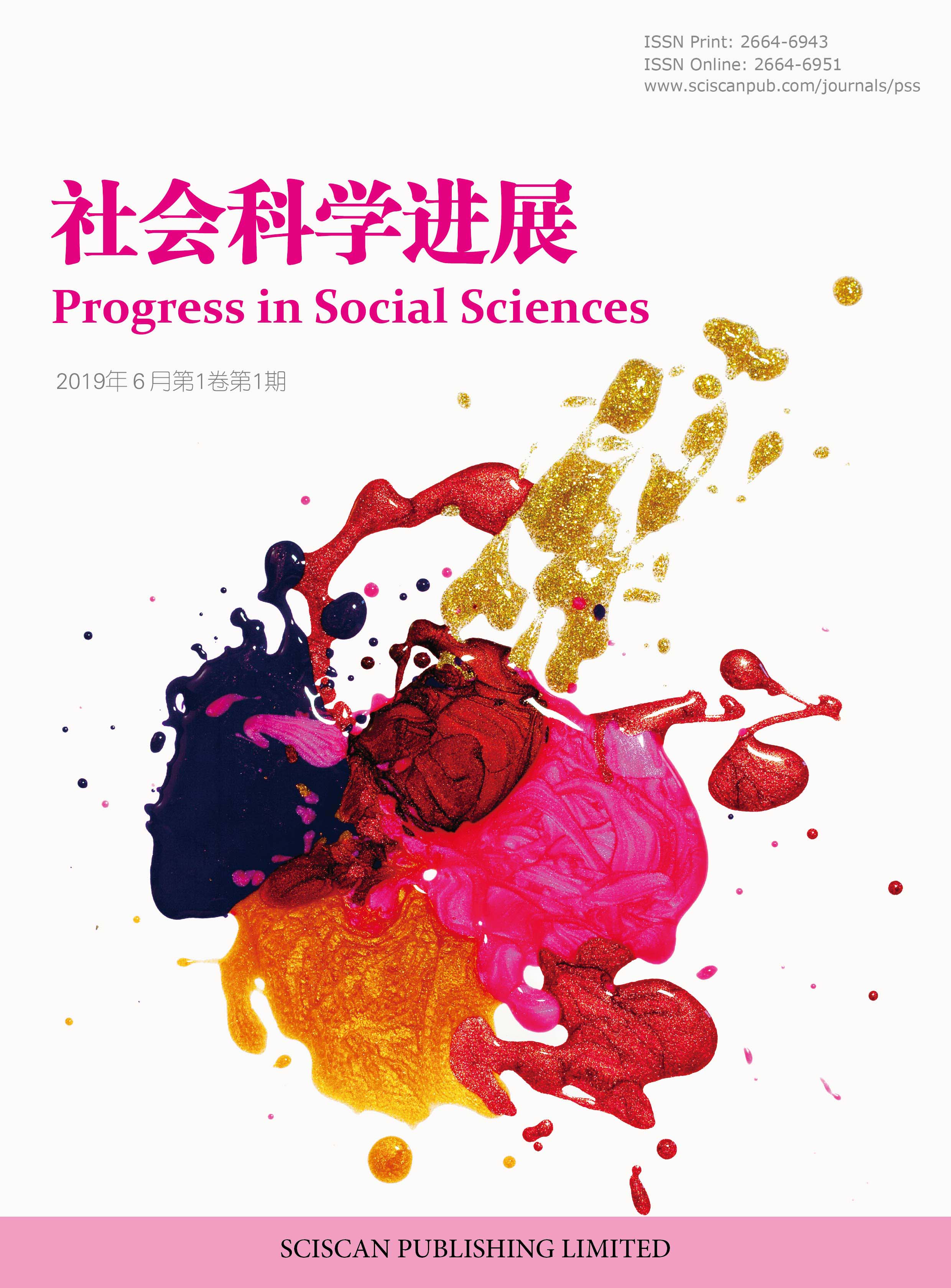Progress in Social Sciences
ISSN Print: 2664-6943
ISSN Online: 2664-6951
Contact Editorial Office
Subscribe to the latest published information from SCISCAN
国际组织的自主性探究——以国际刑警组织为例
A Study on the Autonomy of International Organizations —Take Interpol as an Example
- Authors: 刘竺婷 唐婉宁
-
Information:
上海政法学院,上海
-
Keywords:
International organizations; The autonomy of international organizations; Interpol国际组织; 国际组织自主性; 国际刑警组织
- Abstract: In international relations, the international organization (IO) is an international actor independent of a sovereign state, no matter what kind of international organization, its operations, agenda and organizational culture are more or less influenced by member states. To what extent do international organizations enjoy autonomy? What are the factors that affect this autonomy? How can international organizations maintain their importance in specific areas of international affairs and avoid sacrificing the autonomy of the organization in the process of adapting to external changes in the international situation and seeking resources from member states for the development of the organization? Taking Interpol as an example, this paper takes a tentative look at the problems faced by this organization in maintaining autonomy in its development process, in the light of its development process and the controversies surrounding its role. 在国际关系层面上,国际组织(intergovernmental organization,IO)是独立于主权国家之外的国际行为体,但无论是何种国际组织,其运作、议程及组织文化或多或少都会受到成员国的影响。国际组织在多大程度上拥有自主性?影响这种自主性的因素有哪些?国际组织在适应外部国际形势变化、向成员国争取组织发展所需资源的过程中,如何维持自身在国际事务特定领域的重要性、避免牺牲组织的自主性?本文将以国际刑警组织为例,结合该组织的发展进程及 围绕其职责存在的争议,对其在发展过程中维持自主性所面临的问题进行初步探究。
- DOI: https://doi.org/10.35534/pss.0405039
-
Cite:
刘竺婷,唐婉宁.国际组织的自主性探究——以国际刑警组织为例[J].社会科学进展,2022,4(5):443-454.
















